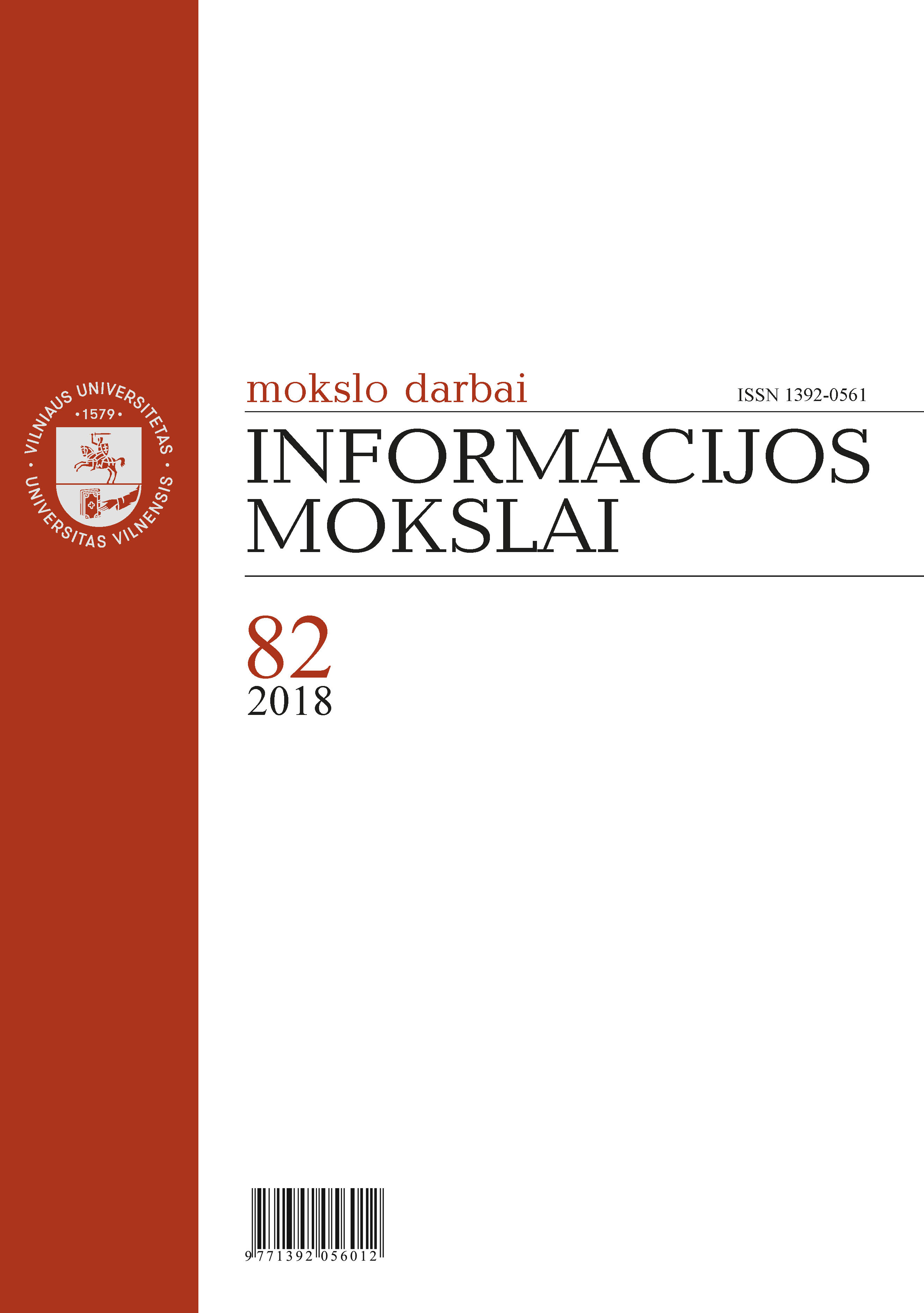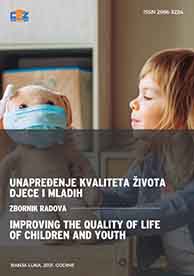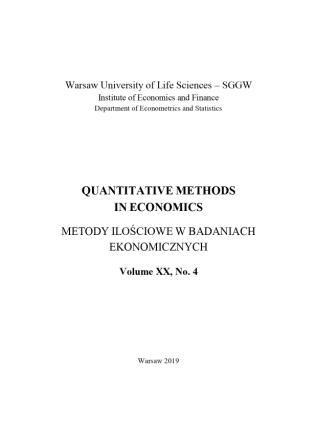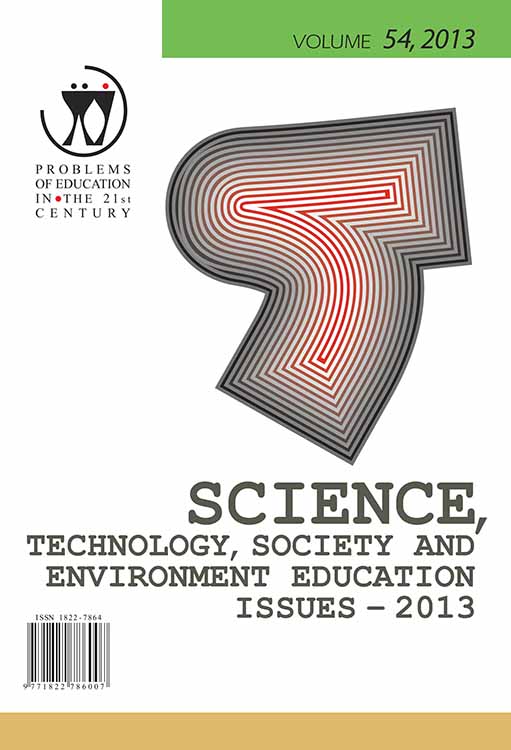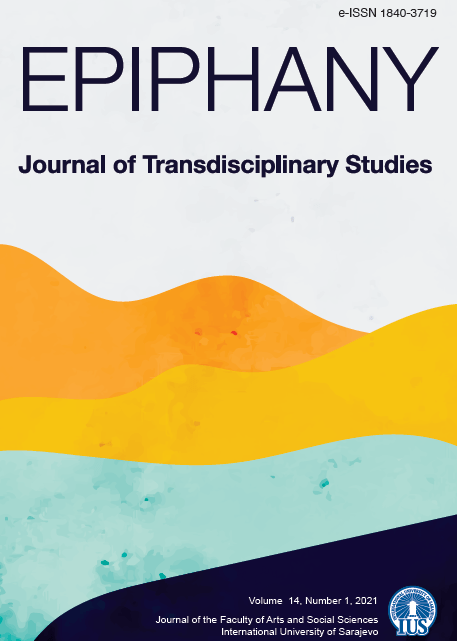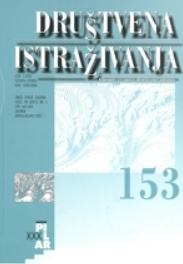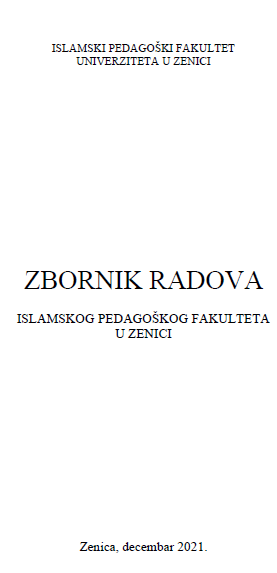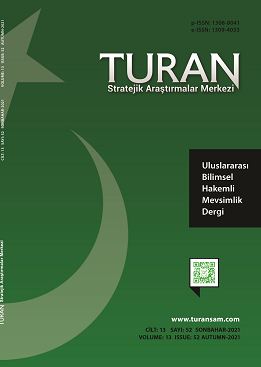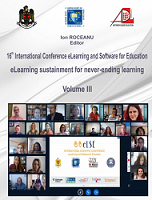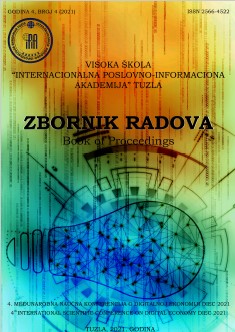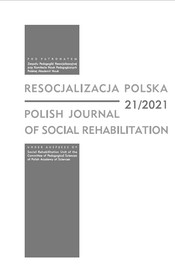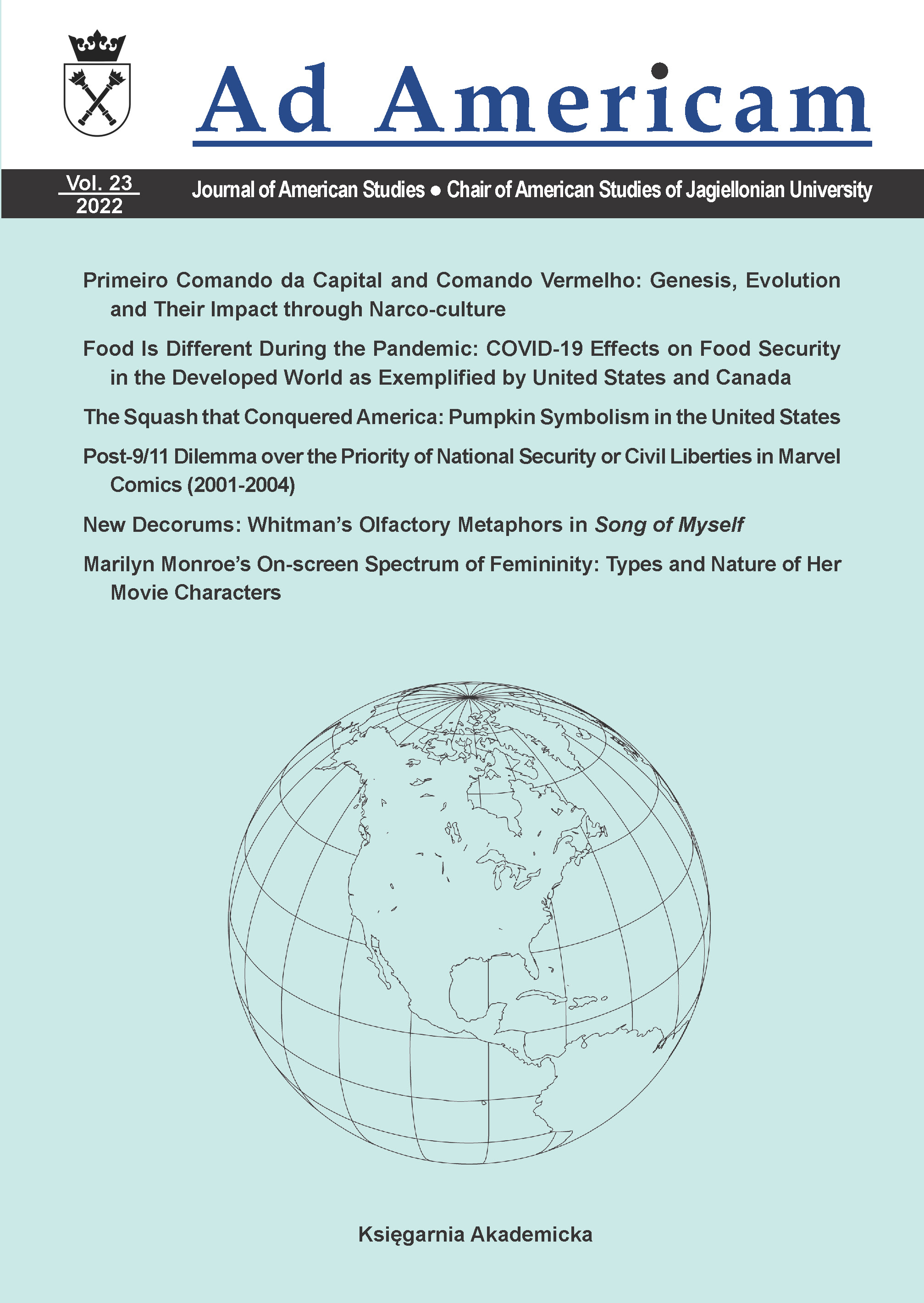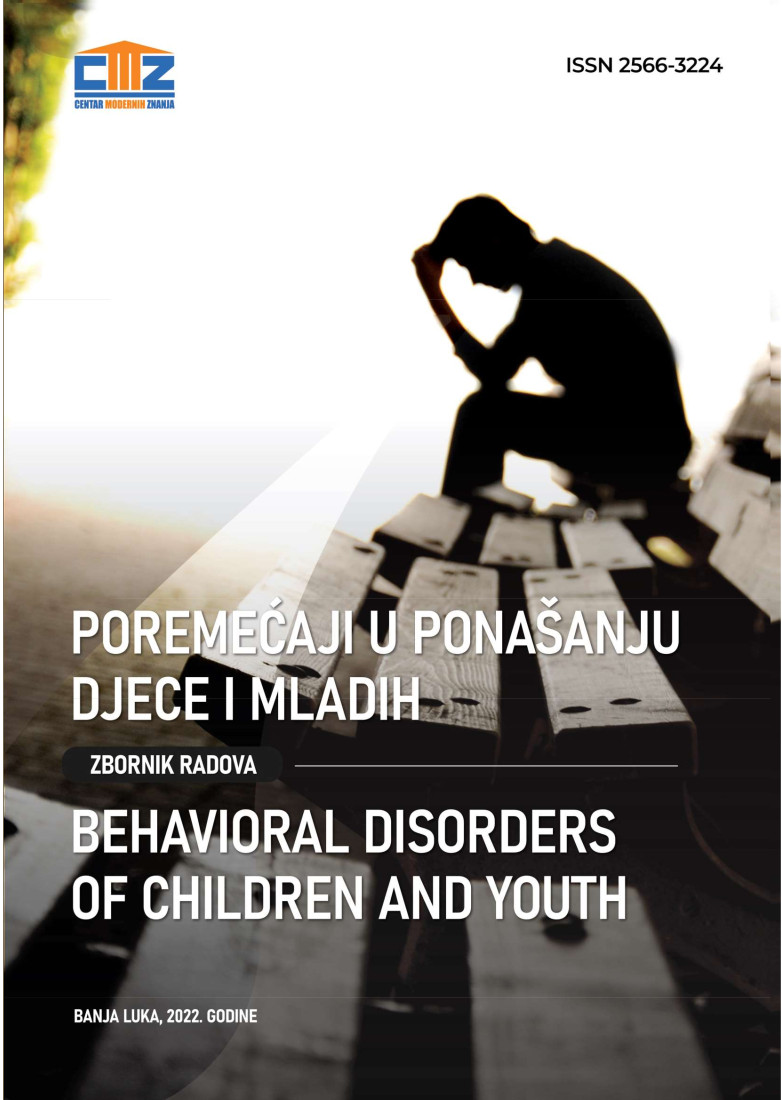Intention to Purchase Alcohol by Adults in the Country in Transition: The Effects of Health Consciousness, Self-Efficacy and Religion Importance
The major trend in modern societies is towards encouragement of the reduction of alcohol use; however, this is not always in line with the various contexts and occasions. Individual factors may present rather non-homogeneous groups that often exert totally opposite influence on the intention to purchase alcohol. This research aims to examine the phenomenon of adult intention to purchase alcohol in Lithuania as a country in transition influenced by an individual’s health-consciousness, self-efficacy and religion importance. The nature of these factors is very different; their essence may lie in a rather individualistic concern about personal health, or can be linked with rather distant, but strong personal beliefs, priorities or lifestyles. Therefore, this research aimed to explore these effects. A total of 487 completed questionnaires were collected to perform the research. The findings reveal that health consciousness and religion importance have a significant influence on alcohol purchase intention among adults. However, self-efficacy proved to be of low influence.
More...
